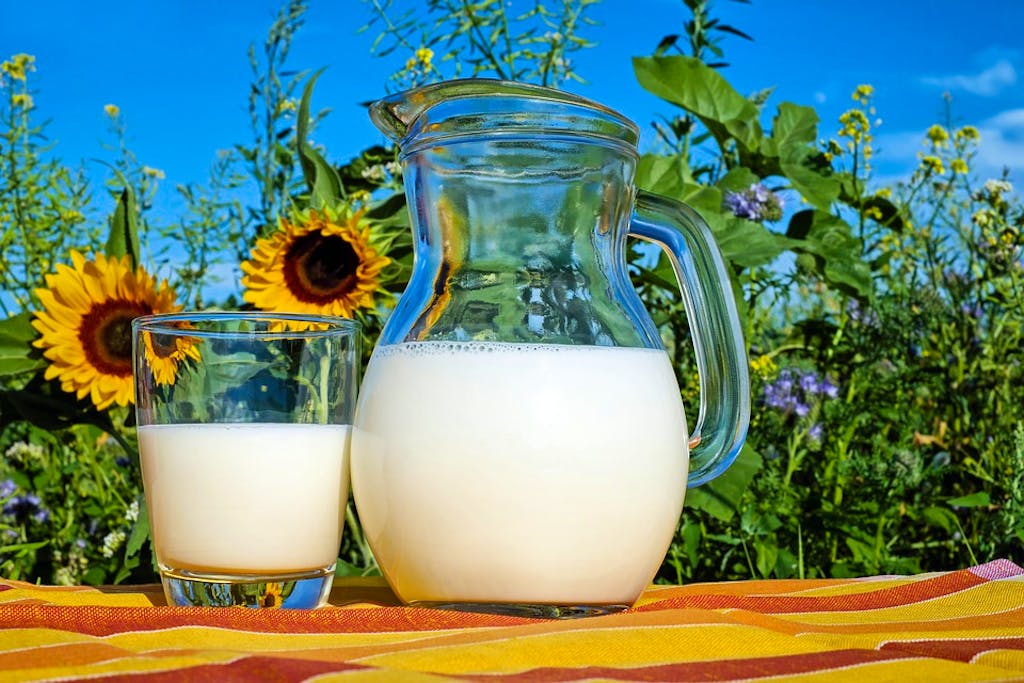Organic September: How to Go Greener
It’s Organic September! What does that mean, though? It’s about celebrating everything organic and the work that goes into growing healthy, nutritious produce/
With 2020 bringing huge changes to the world, we should all seek solutions – now more than ever – to protect nature, health and our climate. The time is now for organic, says the Go Organic site.
When you choose organic, you’re protecting soils, ecosystems and biodiversity, as well as reducing the amount of potentially-harmful chemicals you consume.
Did you know, EU law requires that all organic food and drink is certified by a recognised institution, with the Soil Association Certification being the UK’s leading organic certification body.
What’s classed as organic?
Organic food must be made from ingredients which have been:
- sourced naturally
- created though purer processes.
What this means is synthetic pesticides or fertilisers can not be used. Neither can genetically modified organisms (GMOs).

So, how can you go organic and ensure it works for you and your family? Below, we offer some top tips…
Scour Your Local Supermarket
Thankfully, organic food is much easier to come by today – and you’ll find a plentiful supply of organic fruit and vegetables and store cupboard essentials in all the major supermarkets. If you’re keen to go organic, start with a small switch.
A great place to begin is by switching your milk to organic, as organic milk has around 50% more beneficial omega 3 fatty acids and secures a good return for British farmers, states Soil Association here.
From there, you can consider making other small swaps. Before long, everything you cook and eat will be organic and you’ll feel much better for this relatively easy but significant lifestyle change.

Join Soil Association’s Organic Community
That’s right; there’s a community devoted to all things organic – and you can learn more about opportunities for getting involved in the organic movement – and on a budget. Simply sign up to this monthly e-newsletter, which is packed full of organic offers and discounts.
The newsletter promises top tips for living in a more sustainable way that won’t break the bank, too.
Eat with the Seasons
You can reduce the carbon footprint of your diet and buy organic food on a budget by eating seasonally. When you select fruit and veg that has been imported from around the world out of season, you’ll find the cost of said food is higher. After all, it requires a huge amount of energy for the food to arrive in your local supermarket.

Instead, eat with the seasons and you can cut your shopping bill drastically. Visit supermarkets and local grocery shops at the end of the day too, which will most likely be the time you’ll snap up some bargains.
Grow Your Own
Save money by growing your own, which isn’t just better for the environment; it’s kinder on your wallet and a fun hobby. You can get the kids involved with your horticultural endeavours too.
Want more tips like these? Head here for Soil Association’s advice on going organic this September and beyond.
Until next time…

